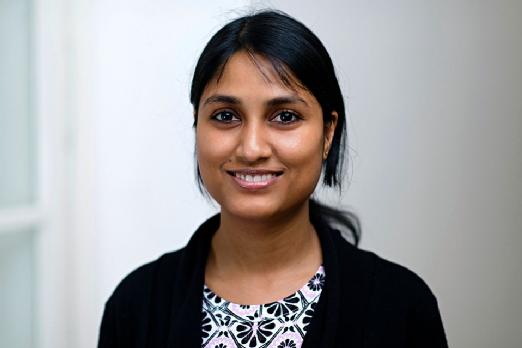Dr Sudipa Sarkar
Four years ago...
By Dr Sudipa Sarkar, Senior Research Fellow a the IER
"I first became aware of the IER in 2010 when I started working on an ESRC funded project focused on Brazil, India and the UK. The project was a collaborative research project led by IER along with academic institutions in Brazil and India. I was part of the Indian team and was employed at the Indian institution. At that time, I didn't know that I'd be able to visit IER one day, and that my first job after my PhD would be in IER. It was an ecstatic experience for me to join IER around six years later in 2017 as a researcher and to move to the UK.
IER has given me the opportunity and space to be involved in a diverse set of activities – from research to teaching, supervision to admin duties, and getting involved with policymakers and practitioners in both the UK and India. I was seconded for a while to work with the Chartered Institute of Personnel & Development (CIPD) in London to help develop their new, annual UK Working Lives Survey.

Sudipa joined the IER in 2017 after completing her PhD
In India, IER’s research has contributed to the fields of youth skill-building and the development of adolescent girls through collaborative research. The research projects have also contributed towards capacity building and creating employment for aspiring young researchers in India. Some of our research assistants from these projects have recently moved on to pursue a PhD, suggesting that our projects were able to enthuse them in academic research. IER is a relatively small department. With around 30 staff, the department offers a friendly and homely working environment. I value and cherish this environment as an international staff living alone in the UK. It is also a great experience to be a part of the University community."

Dr Sudipa Sarkar is a Senior Research Fellow at the Institute for Employment Research. Her research interests lie in the areas of labour economics and development economics. This includes the future of work, skills and education, women and work and poverty and inequality.
